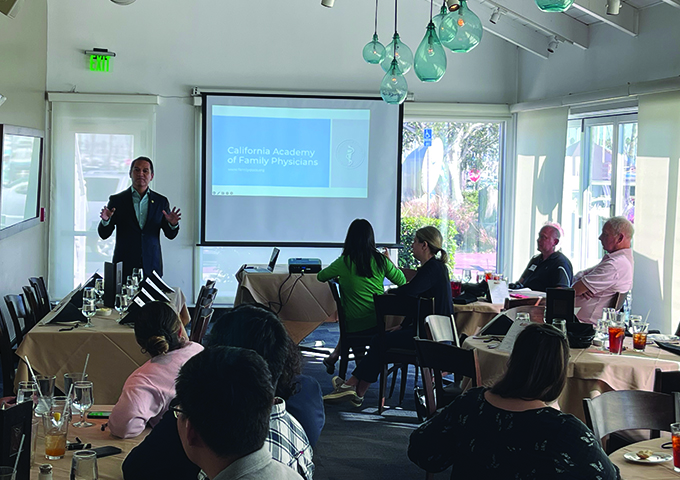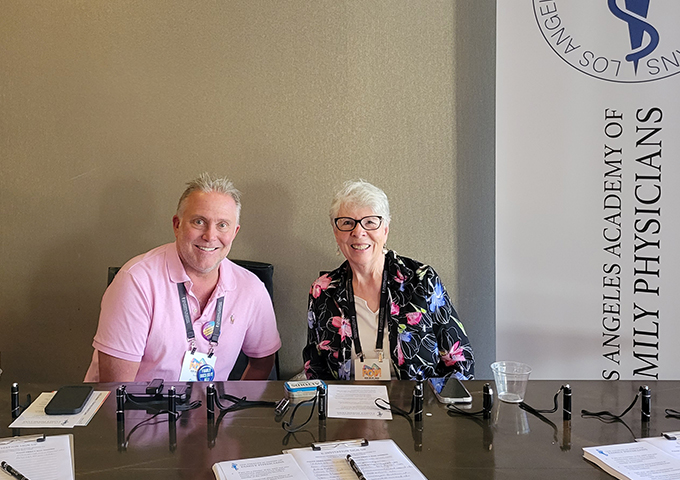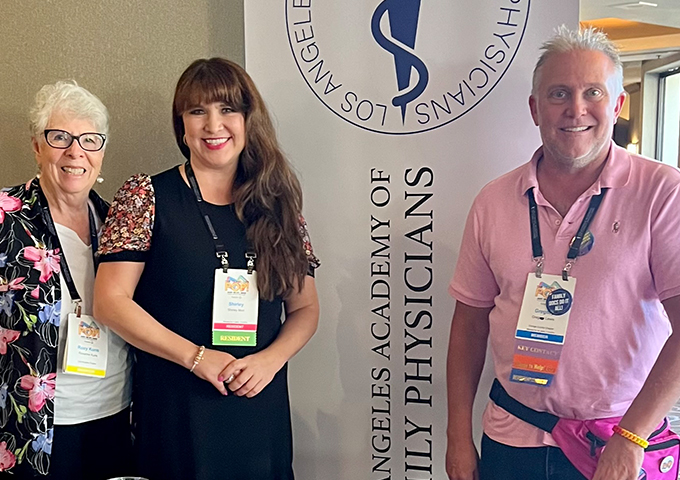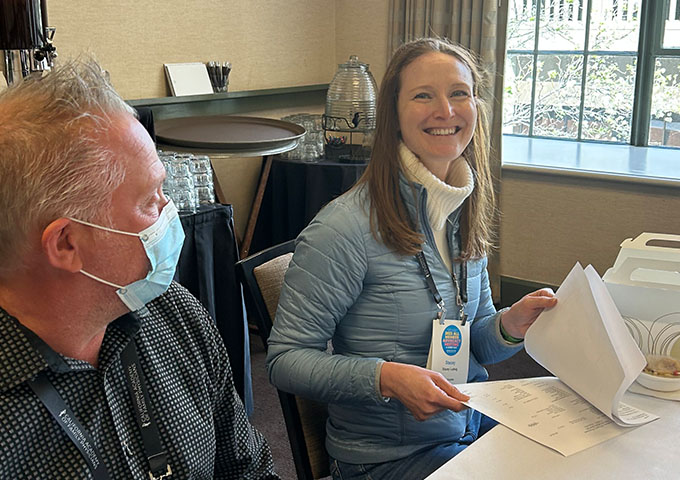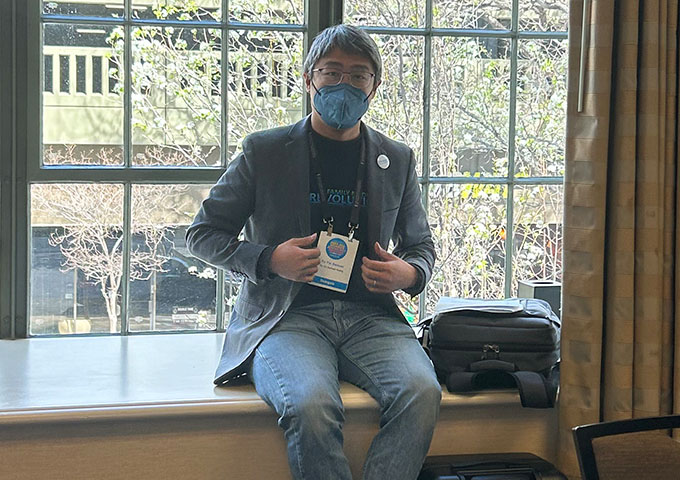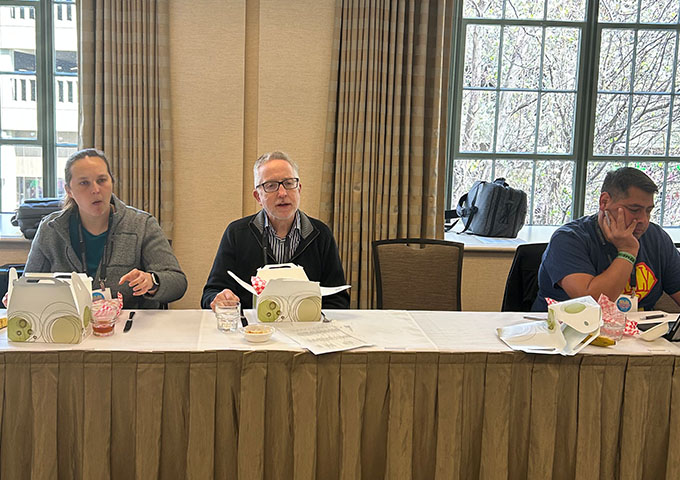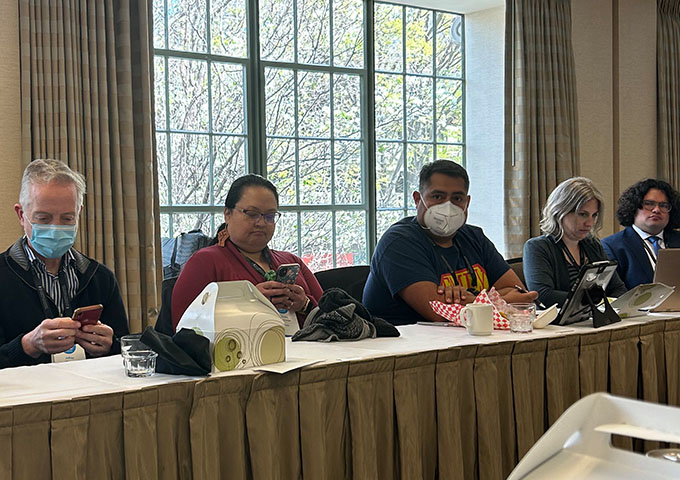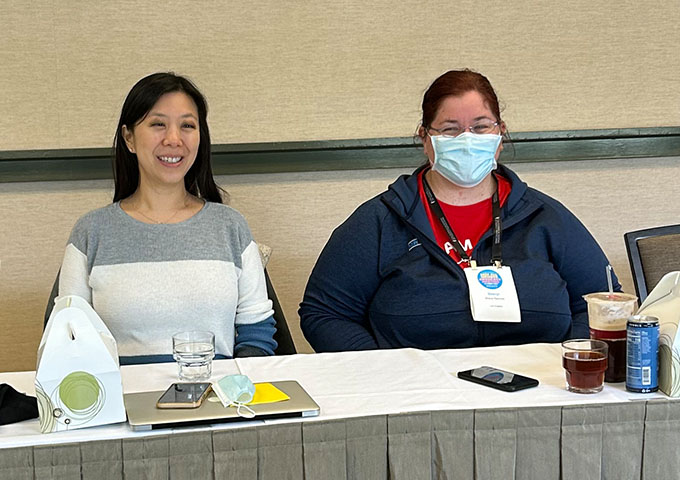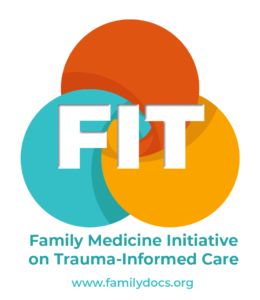October 2023
The Medical Board of California reminds physicians of their responsibility (as of January 1, 2023) to provide a written or electronic notice to patients at their initial office visit, about the Open Payments database, that collects and publishes information about financial relationships between drug and medical device companies and healthcare providers with payments over $10. The text must include:
“The Open Payments database is a federal tool used to search payments made by drug and device companies to physicians and teaching hospitals. It can be found at https://openpaymentsdata.cms.gov.”
The MBC also requires physicians to post a visible notice about this database at each practice location, and as of January 1, 2024, also on their practice website, with a web link to the database and the following text:
“For informational purposes only, a link to the federal Centers for Medicare and Medicaid Services (CMS) Open Payments web page is provided here. The federal Physician Payments Sunshine Act requires that detailed information about payment and other payments of value worth over ten dollars ($10) from manufacturers of drugs, medical devices, and biologics to physicians and teaching hospitals be made available to the public.”
California is developing a more affordable and accessible supply of Naloxone nasal products to reverse opioid overdose, through the CalRx Initiative. They will soon be available over-the-counter in California drugstores. Fentanyl is very easy to overdose due to its potency, resulting in increasing death rates. Fentanyl contamination is now in many street drugs, as well as in many drugs bought by tourists in Mexico.
Four new Preventive Medicine E&M Codes have been added as Medi-Cal benefits, for New or Established Patients, and for Ages 40–64 or 65+ years. The new payment rates are effective retroactively to June 1, 2022.
Starting in 2024, MediCal provider rates will increase to at least 87.5% of Medicare for primary care, maternity care, and non-specialty mental health services, with further increases in 2025.
The Governor has until October 14 to act on the current year’s legislation (over 900 bills), to sign each bill into law or allow it to become law without signature, or to veto the bill. This includes CAFP-supported AB 85, which would require health plans, beginning January 1, 2027, to include coverage for screenings for social determinants of health.







